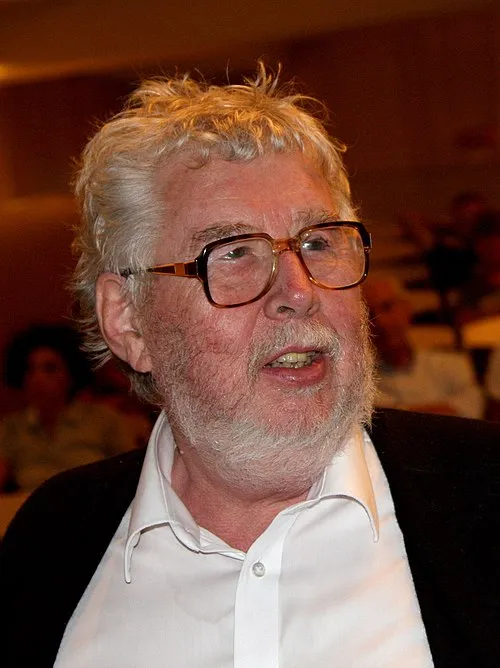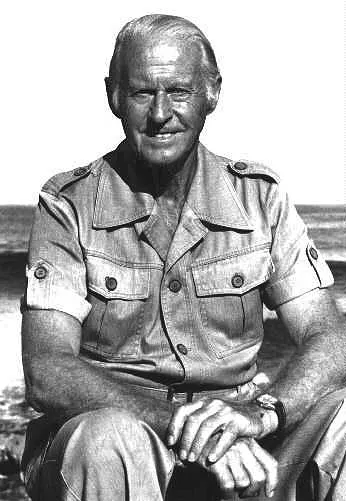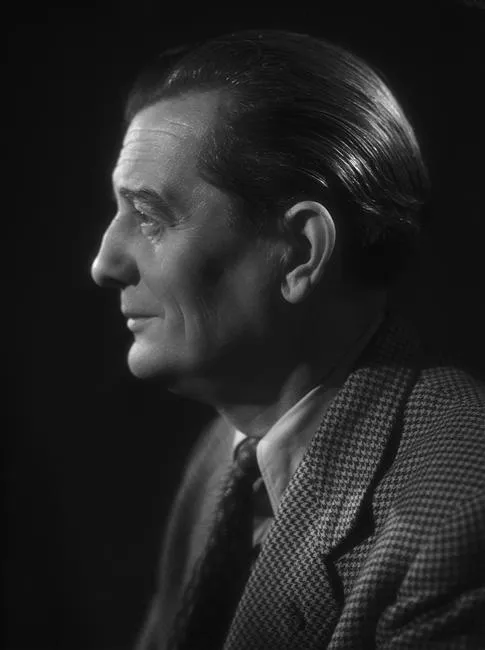In 2019, a redacted version of the Mueller report was released to both the United States Congress and the public, shedding light on key findings from the investigation.
On April 18
15
Important Days
42
Important Events
200
Births and Deaths
recorded.
Holidays and Occasions
Events
Births and Deaths

Understanding Army Day in Iran: Significance and Celebrations
Army Day in Iran, known as 'Ruz-e Artesh' in Persian, is celebrated annually on April 18th. This day is dedicated to honoring the Iranian Armed Forces and recognizes their commitment to the nation's sovereignty and security...

Coma Patients' Day in Poland: Understanding and Support
Coma Patients' Day, observed in Poland, is an essential initiative aimed at raising awareness about the conditions and challenges faced by individuals in a coma, as well as their families. This day serves not just as a moment of recognition but also as a pivotal opportunity to educate the public on the medical, emotional, and social aspects of coma recovery and care...

Celebrate Friend's Day: A Tribute to Friendship in Brazil
In Brazil, one of the most cherished celebrations is Friend's Day, known locally as Dia do Amigo. Observed on July 20th each year, this day is dedicated to honoring friendships and recognizing the bonds that enrich our lives...

Independence Day in Zimbabwe: History, Significance, and Celebrations
Independence Day, celebrated on April 18th, is one of the most significant public holidays in Zimbabwe. This day marks the country's liberation from colonial rule in 1980, a momentous occasion that is commemorated with pride by Zimbabweans around the world...

International Day for Monuments and Sites: A Celebration of Cultural Heritage
The International Day for Monuments and Sites, celebrated annually on April 18th, is a significant occasion dedicated to raising awareness about the importance of cultural heritage. Established in 1982 by the International Council on Monuments and Sites (ICOMOS), this day highlights the need for the preservation and safeguarding of monuments and sites worldwide...

Invention Day in Japan: A Tribute to Innovation and Creativity
Invention Day, or Invention Day (発明の日), is celebrated annually on April 18th in Japan to honor the spirit of innovation and recognize the importance of inventions to society. Established in 1967, this day is not just a tribute to inventors, but also a reminder of the significance of creativity and technology in shaping the future...

The Battle of the Ice: Alexander Nevsky's Triumph over the Teutonic Knights
The Battle of the Ice, fought on April 5, 1242, is one of the most significant military confrontations in medieval Russian history. Taking place on the frozen surface of Lake Peipus, this battle marked the decisive victory of the Russian forces led by Prince Alexander Nevsky over the invading Teutonic Knights...

Celebrate World Amateur Radio Day: Connecting the Globe through Ham Radio
Every year on April 18, amateur radio enthusiasts worldwide come together to celebrate World Amateur Radio Day, a day dedicated to the remarkable contributions of amateur radio operators and the spirit of community they foster. The Origins of World Amateur Radio Day World Amateur Radio Day commemorates the founding of the International Amateur Radio Union (IARU) in 1905...

Apollonius the Apologist: A Key Figure in Early Christian Defenses
Apollonius the Apologist is a figure from early Christian history whose writings and defenses of the faith have had a lasting impact on Christian apologetics. Active in the late second century, he is most well-known for his passionate works aimed at legitimizing Christianity against the prevalent pagan philosophies of the time...

Corebus: Revolutionizing Transportation with Innovative Solutions
In today's fast-paced world, the demand for efficient and reliable transportation solutions has never been higher. Whether for personal use or commercial needs, finding a dependable service can be a daunting task...

Cyril VI of Constantinople: A Visionary Leader in the Eastern Orthodox Church
Cyril VI of Constantinople, a prominent ecclesiastical figure, served as the Patriarch of Constantinople from 1946 until his demise in 1950. His tenure was marked by significant ecclesiastical developments and a steadfast commitment to the Eastern Orthodox Church's mission...

Exploring the Lives of Eleutherius and Antia: Saints of the Early Christian Church
In the rich tapestry of early Christian saints, Eleutherius and Antia stand out as figures of significant historical and spiritual importance. This article delves into their backgrounds, contributions, and the enduring legacy they have left behind in the Christian tradition...

Galdino della Sala: A Renaissance Art Maestro
Galdino della Sala was a remarkable figure during the Italian Renaissance, known for his innovative contributions to art and culture. His legacy continues to influence modern artists and historians alike, making him a pivotal figure to study in the annals of art history...

Molaise of Leighlin: A Patron Saint's Impact on Irish Heritage
Molaise, also known as Molais, is a revered figure in Irish Christian history, particularly for his contributions to the early monastic movement in Ireland. The town of Leighlinbridge in County Carlow claims him as its patron saint...

Perfectus: Redefining Perfection in Modern Living
In today's fast-paced world, the quest for perfection is more pertinent than ever. Enter Perfectus, a revolutionary concept designed to elevate everyday living...


































